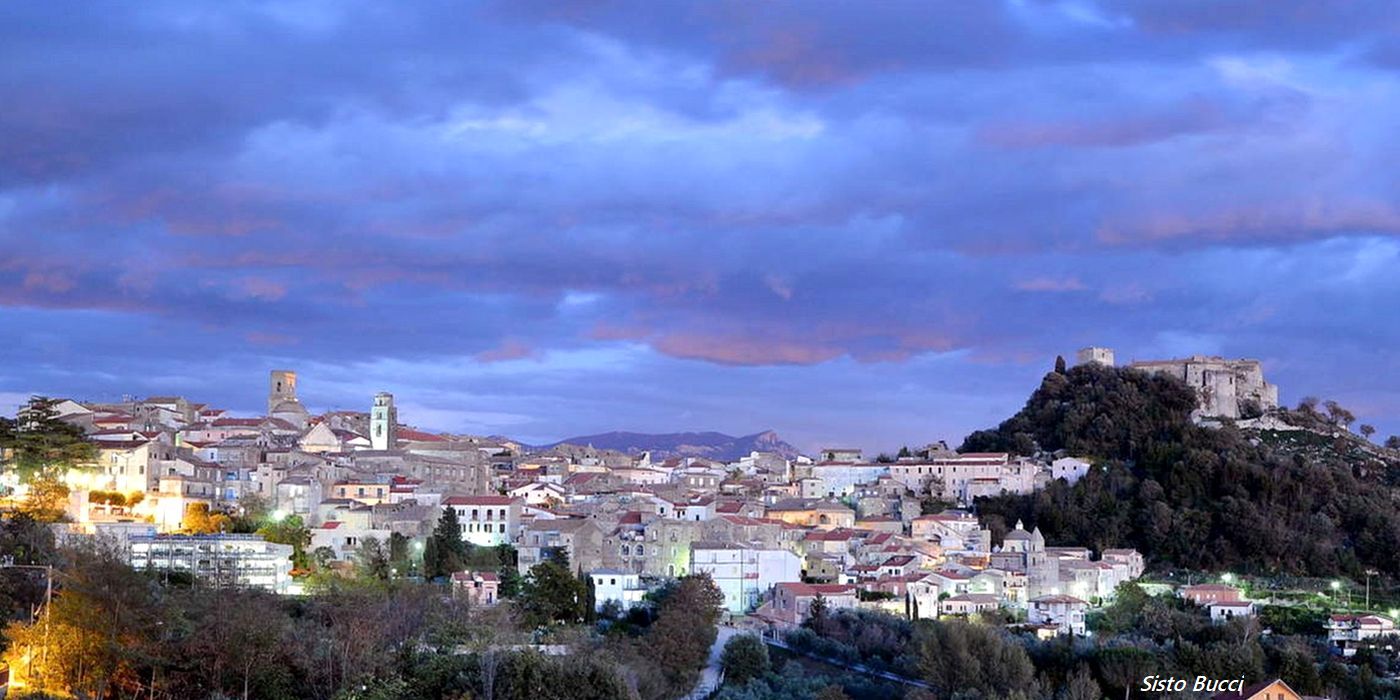David Sassoli: values and coherence in European policy making

The European Union is “not an accident of history.” Europe “needs a new project of hope.” These two pillars underpin David Sassoli’s vision – and consistent action – during his time serving e in the European Parliament and, on a broader scale, his commitment for the development of the Common European Home. Today, January 11, marks one year since the death of the president of the European Parliament. He became MEP with an overwhelming majority of votes in 2009 and was elected to its highest office ten years later, a few months before the Covid-19 pandemic, which marked his two-and-a-half-year term of office.
In his acceptance speech as President of the Assembly, delivered on July 3rd 2019 in the Strasbourg hemicycle,
Sassoli recalled that the EU integration process was started after the Second World War, with the primary objective of restoring peace to a conflict-ridden continent.
Sassoli’s political commitment was based on peace – called for more than ever today, peace for Europe and for the whole world. His commitment was clearly grounded in coherence with his Catholic-democratic formation, as he ideally followed in the footsteps of his cultural and political models – Giorgio La Pira, Aldo Moro, David Maria Turoldo (after whom he was named) and Paolo Giuntella, to name but a few. Peace – based on democracy, freedom and respect for human rights – understood as a precondition for living a life of dignity, for fostering peoples’ development, for cultivating international relations based on solidarity and cooperation.
David Sassoli succeeded in bringing those words and values – ripened during his youth, borne witness to in his private and professional life – into the political arena, all too often fallen into disuse in Western democracies, with the risk of removing humanity from politics altogether.
In his last public speech, delivered on December 16, 2021 at the European Council in Brussels, he said: “Most of all, Europe needs a new project of hope, to unite us all, a project that embodies our Union, our values and our civilisation.” As we re-read them from our current perspective, those words appear as a sort of ethical-political testament. Sassoli envisaged a European Union capable of meeting the challenges of the present time, transparent (he had initiated an internal reform process in Parliament with the aim of making it a glass building, efficient and immune to invasive and ambiguous lobbying activities), and with the capacity to tackle the “momentous transformations” that he had spoken of on several occasions: “youth unemployment, migration, climate change, the digital revolution, the new world balance, just to name a few, […] whose governance requires new ideas, the courage to combine great wisdom with the utmost audacity” (Strasbourg, 3 July 2019).
Hence the need to recover the spirit of the “founding fathers” and to carry out radical reforms of the EU per se,
so as to “make it capable of responding to the needs of our citizens and provide real answers to their concerns, to their increasingly widespread feelings of disorientation.”
Consistent with this imperative, he had been among the promoters and most determined supporters of the Conference on the Future of Europe (May 2021-May 2022), which is now expected to deliver some of the reforms he himself envisioned.
But today we should remember David Sassoli not only for his competence and political dynamism, but also for his human and Christian qualities: his deeply sincere, smiling nature – widely acknowledged in the days following his death. Indeed, Sassoli was an intelligent man, a passionate and restless believer, a “Christian on a religious quest and yet a committed believer” (Cardinal Matteo Zuppi), a believer who “did his utmost for the common good with rectitude and generous commitment” (Pope Francis). The journalist and politician – as the President of the Italian Republic, Sergio Mattarella, wrote in the preface to the book David Sassoli. La Saggezza e l’audacia. Discorsi per l’Italia e per l’Europa – “sought the new signs of the times, and considered dialogue a precious asset. […] His smile was a feature of his kindness, conveying spontaneous empathy, an expression of his culture.” These are the very qualities and traits that Europe, and indeed politics as a whole, need more than ever in these times.
(Fonte: AgenSIR – News archiviata in #TeleradioNews ♥ il tuo sito web © Diritti riservati all’autore)




